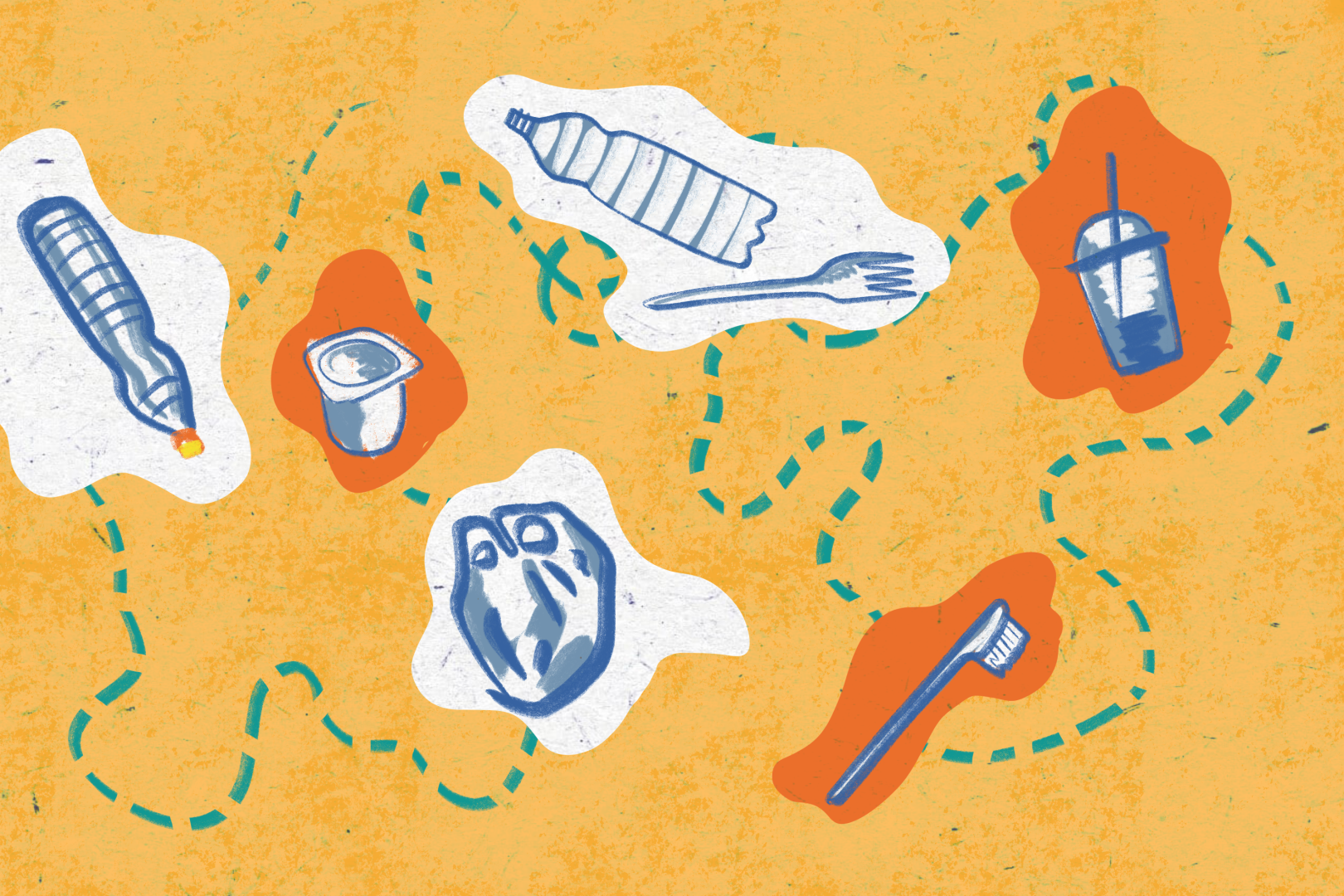Exploring Artistic Horizons: TPH's Inaugural Digital Art Session

Plastic Pollution in the Kurdistan Region
By: Hakar Subhi
Plastic has a significant environmental impact primarily due to its extremely slow decomposition, taking more than 450 years. When plastic degrades under sunlight, it releases toxic substances into the soil. Moreover, burning plastic releases toxic pollutants into the air, contributing to ambient air pollution.
The improper disposal of plastic bags and bottles poses severe risks to human and animal health, as well as to the natural environment. Despite our awareness of their detrimental effects on the environment, plastic bags continue to be widely used, especially in urban areas, resulting in significant littering issues. Consequently, this has led to various adverse environmental consequences, including animals getting entangled or choking on plastic, pollution, blockage of water channels, rivers, and streams, as well as landscape disfigurement.
Reducing our plastic usage is crucial in order to effectively minimize plastic waste. This requires making changes to our daily habits, opting for alternatives to plastic whenever possible, and only resorting to plastic when absolutely necessary. The Kurdistan region is one of the areas at risk of environmental degradation due to plastic and trash pollution. Recent reports indicate that city centers alone collect a staggering 4560 tons of trash, revealing that each individual generates approximately 1 kg of waste daily. Of this waste, 60% consists of food waste, while 25% consists of plastic, which is the most harmful type of waste to nature. The significant quantity of plastic waste is a direct result of the widespread use of plastic in people's lives. For instance, individuals often reach for plastic cups to drink water in the morning, and even fruits are commonly packaged in plastic. This reliance on plastic persists throughout their daily activities, exacerbating the problem.
Currently, the escalating presence of plastic materials in the environment is a pressing issue, spanning from urban city centers to rural areas and popular tourist destinations. Each year, the global percentage of plastic pollution continues to rise, leading to detrimental consequences such as increased animal mortality rates. To address this problem, the utilization of reusable bottles and bags can play a significant role, as they can be used repeatedly or repurposed for various functions. It is essential to consider how these items can be reused before discarding them. Education also plays a crucial role in fostering behavioral change. By educating individuals about the environmental and health impacts associated with the use of plastic bottles and bags, we can promote awareness and encourage more responsible choices.
To effectively mitigate the impact of plastic bags on the environment, it is crucial to raise awareness within communities about proper waste disposal practices. Additionally, several actions can be taken to address this issue, like participating in neighborhood clean-up initiatives, voluntarily recycling household waste, and using eco-friendly alternatives.
By combining multiple efforts and encouraging responsible waste management practices, we can effectively limit the environmental impact of plastic bags and work towards a more sustainable future.
